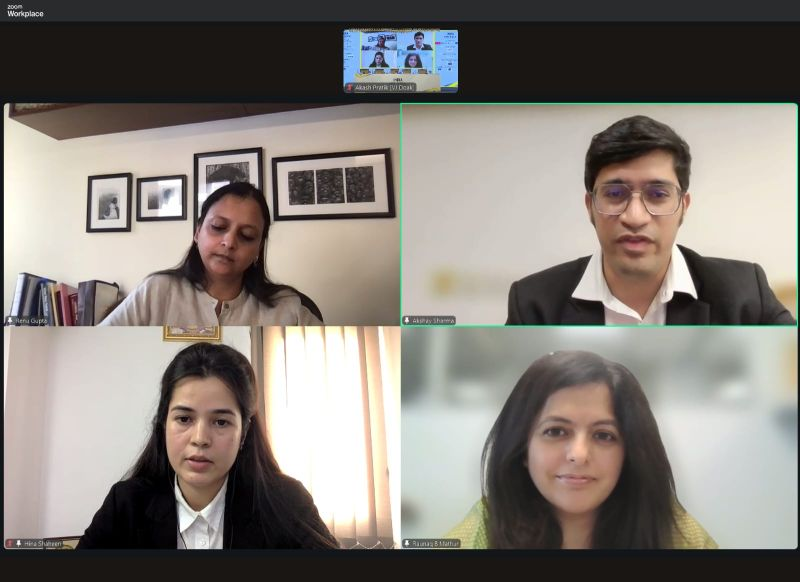At a panel discussion on “Finality of Arbitral Awards: Principle, Practice and Pitfalls” organised by the Nani Palkhivala Arbitration Centre as part of India ADR Week 2025, Raunaq B. Mathur, Partner at Saraf & Partners offered key insights on how Indian courts are shaping arbitral jurisprudence.

Speaking on Section 34 challenges, she noted that while patent illegality and public policy remain the broader grounds, courts are increasingly less inclined to entertain purely procedural or evidence-heavy objections. This, she said, signals a welcome shift away from merit-based re-appreciation.
On the issue of security pending challenges, Ms. Mathur recalled the pre-2015 era of automatic stays and emphasised that the current regime, where deposits, guarantees or securities are insisted upon acts as a necessary deterrent. She pointed out, however, that bank guarantees often put award-holders in a negative cash flow situation, suggesting that alternative securities such as deposit of title deeds could balance enforcement with business realities.
On the sensitive question of foreign awards, she underscored the importance of maintaining differential standards of review under Section 48 vis-à-vis Section 34. Cautioning against an “untidy situation” where Indian courts’ approach could delay multi-jurisdictional enforcement, she stressed the need for consistency with the New York Convention framework.
Addressing concerns after the DMRC curative petition, Ms. Mathur acknowledged the shock value of the Supreme Court extending extraordinary powers to the arbitral sphere. Yet, she described these as “known risks” of the Indian system, baked into business calculations. Referring also to the Gayatri Balaswamy ruling, she highlighted that while such interventions may be novel, they are not entirely unforeseeable.
Finally, drawing on international practice, she pointed to Singapore’s clear legislative wording on when an award is final and the UK’s adoption of summary disposal as useful models. Institutional rules, she observed, are also stepping in to provide clarity on finality, helping streamline disputes and ensuring greater efficiency.


